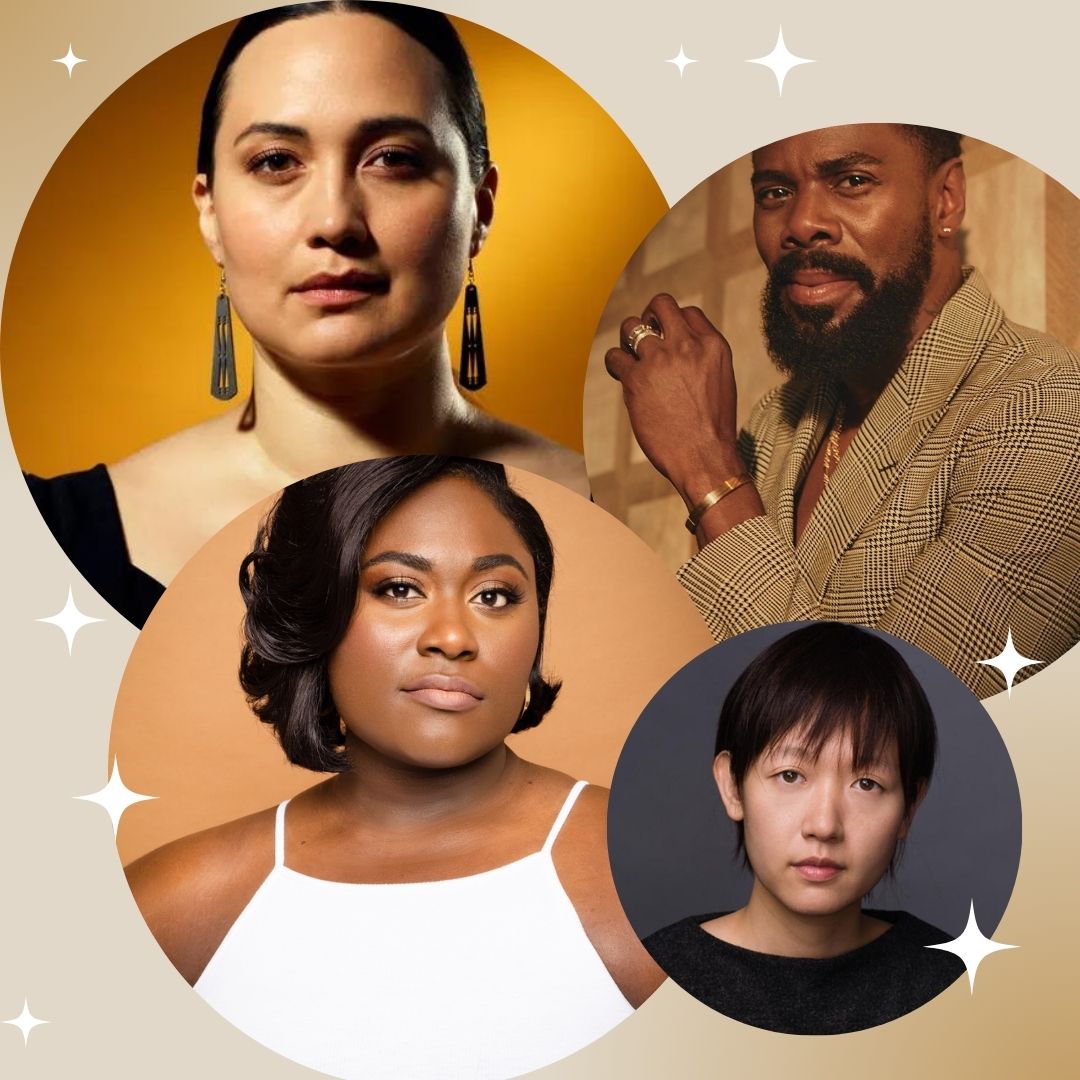The 96th annual Oscars will be held on March 10th. This year many nominations have made history. Many communities made representative gains with nominations, including the Native American community, and the queer community.
Lily Gladstone is the first Native American to be nominated for Best Actress for her role as Mollie Burkhart in “Killers of the Flower Moon.” While there have been other Indigenous actors nominated, Gladstone is the first from the U.S.
Representation of the LGBTQ community in the Oscars has also made history.
Best Actor nominee Colman Domingo, nominated for his role in “Rustin”, and Best Supporting Actress nominee Jodie Foster nominated for her role in “Nyad’ are the first two openly queer actors nominated for roles in which they play queer characters.
Another stride forward in Oscars history includes the nomination of three female filmmakers in the Best Picture category. Justine Triet’s “Anatomy of a Fall”, Celine Song’s “Past Lives” and Greta Gerwig’s “Barbie” were all nominated for Best Picture.
Despite these historical moments for Oscar nominations, there is still much room for improvement for the Oscars to recognize individuals from BIPOC communities.
According to an article in Deadlines, “Diversity in Oscar Acting Nominees Matches Last Year,” only seven out of 20 nominees across the Best Actress, Best Actor, Best Supporting Actress and Best Supporting Actor categories were people of color. There were no people of color nominated for directing.
Junior Yetta Lorimor, the communications representative for Lincoln’s affinity group Sisters of Color, believes representation in media matters.
“Representation is so important for young people of color to see themselves in an industry [that is] as white dominant as film and TV”, said Lorimor.
Rye Kwiecien-Roick, the president of the Native American Student Union, which brings visibility to the Native community at Lincoln and awareness to Native based social justice issues, believes that diverse representation at the Oscars helps prevent the spread of misinformation and can stop harmful stereotypes from being portrayed.
“I wouldn’t say [diverse representation] makes up for past wrongs, but it can help bring society towards a resolution of learning and furthering compassion for these groups that have been oppressed in the past,” said Kwiecien-Roick.
Lorimor is excited to see how Best Supporting Actress nominee Danielle Brooks does for her role in “The Color Purple” at the Oscars. Brooks is one of the seven people of color nominated this year in the acting categories. Others include America Ferrera for her role in “Barbie”, Da’Vine Joy Randolph for her role in “The Holdovers” and Sterling K. Brown for his role in “American Fiction.”
Lorimor stresses that the recognition of people of color at the Oscars is important because it recognizes stories that aren’t often covered.
“There are people of color [in the film industry] and they are breaking barriers and creating these really important counter stories and works of art,” said Lorimor.

